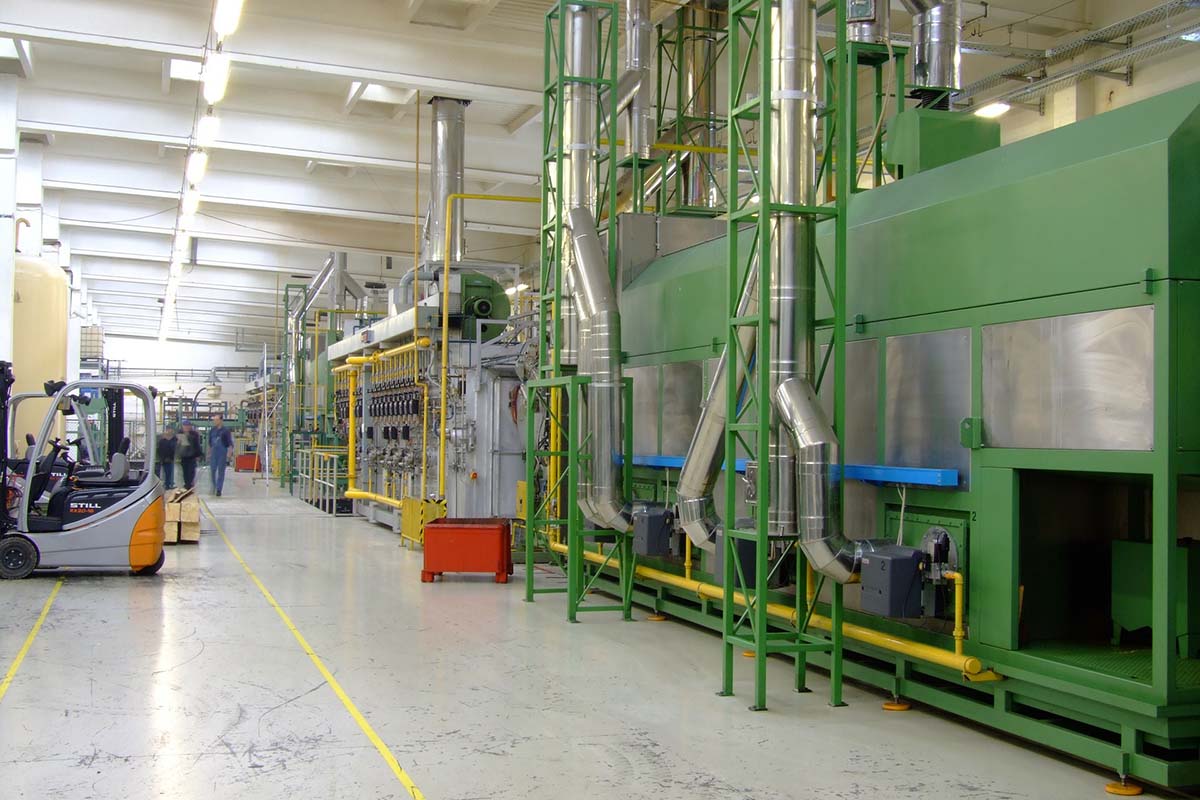Integrating Weighing Systems into Production Facilities
The manufacturing industry relies on accurate weighing systems to maintain product quality before shipping, storage, and distribution. With the help of technology, it is possible to optimize and incorporate highly customizable industrial weighing systems as part of the production and packaging process. More and more manufacturing companies are starting to integrate these weighing systems into assembly lines to improve product quality.
Benefits of incorporating weighing scales into the production process
The following are critical advantages to customizing industrial weighing systems that are already integrated into the production line.
- Compliance with quality control standards. Before products are shipped out to customers, packaged goods need to undergo quality control. Portioning is one of the critical characteristics measured, and without an accurate weighing system, the company is likely to lose money from rejected products.
- Production efficiency. Minimizing the number of products that do not pass quality control will increase productivity, efficiency, and profits. Customized weighing scales may be installed in conveyor belts and programmed to measure the product’s weight and count them. The various features of industrial weighing scales help increase efficiency in the production process.
- Minimize manual labor. Using technology to replace manual labor is more cost-effective in the long run. In the manufacturing industry, automating most processes also helps reduce mistakes and inaccuracies that often result from manual labor.
Lastly, reducing manual labor also enhances safety standards and minimizes work-related accidents.
Different types of weighing scales 
In production and manufacturing facilities, there are different types of weighing scales used. The following are some of the most common.
- Counting scale. Sophisticated counting scales can record the average weight and use this value to calculate other quantities related to the product. Apart from storing the values measured, the data can also be printed if necessary.
- Batch weighing system. It is an integrated weighing system that can measure individual components of a batch of products. Because it can accurately weigh the mixture of these components, it can help improve product quality and prevent inconsistencies.
- Check to weigh. This is a type of weighing scale most suited for measuring products moving along a production line. Each item gets checked according to the pre-set measurement, and any item that does not meet the criteria gets expelled or filtered out of the line.
Some production facilities also use other weighing scales, such as conventional bench scales and floor scales. All these types of weighing scales are designed for the rigorous working environment in manufacturing facilities.
Integrating weighing systems: what to consider when choosing a weighing scale?
The intended application is a significant consideration in choosing a weighing scale. The working environment will also determine how well a scale will perform when subject to certain conditions. It is essential to take these two factors into account first before looking into other qualities of the scale, such as capacity, precision, materials, maintenance requirement, set-up, and cost. If the application has unique requirements, some suppliers also customize scales according to the specifications about its intended use.




















